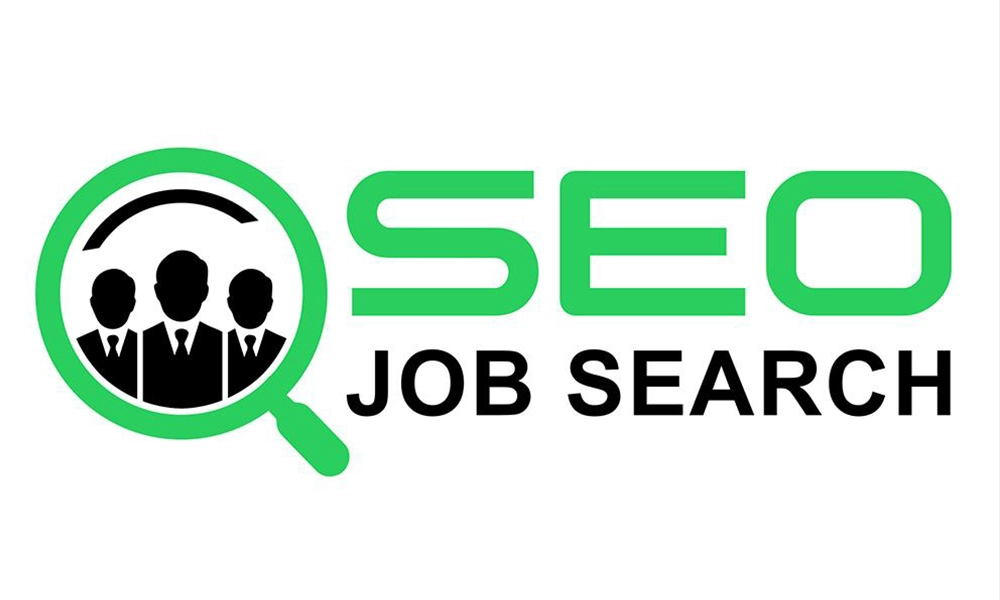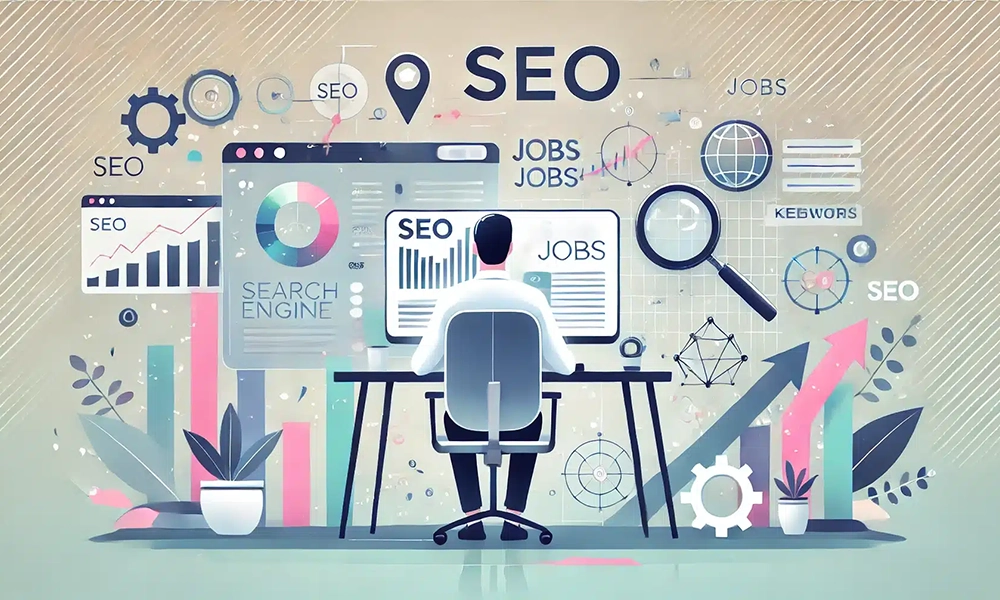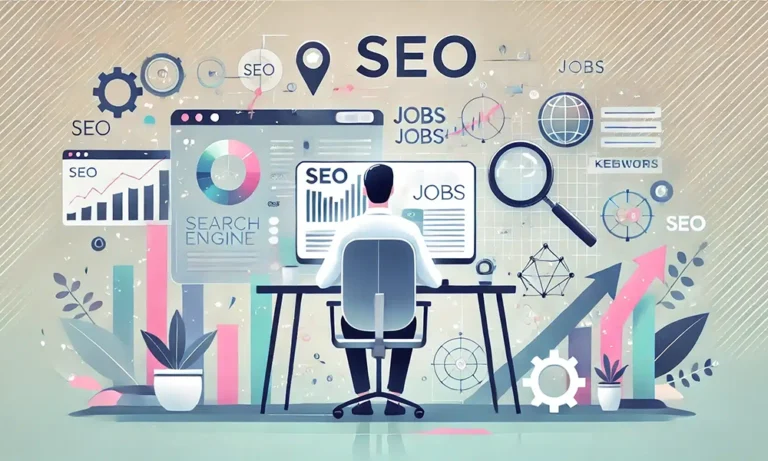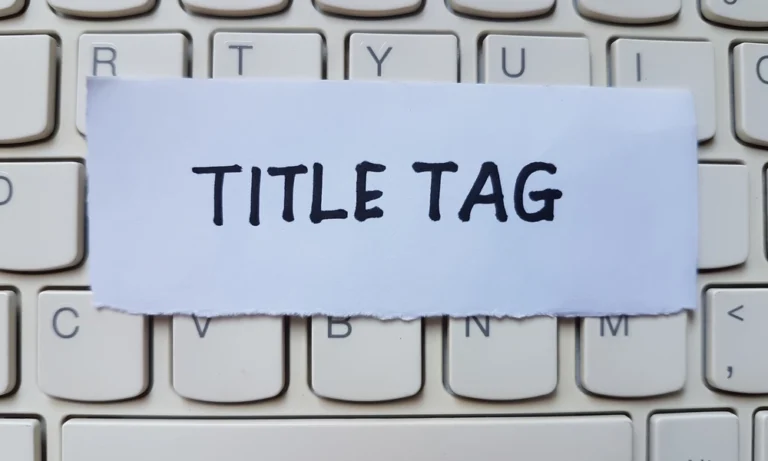Will AI Replace SEO Jobs?
In recent years, artificial intelligence (AI) has made significant strides across various industries, and SEO (Search Engine Optimization) is no exception. From content generation to data analysis, AI-powered tools have entered the SEO landscape with promises to automate repetitive tasks, boost efficiency, and improve overall results. But does this mean that AI will eventually replace SEO jobs altogether? In this article, we will explore the role of AI in SEO, its capabilities and limitations, and the future of SEO jobs in an AI-driven world.

The Role of AI in SEO
SEO is a multifaceted discipline that encompasses various tasks, such as keyword research, on-page optimization, content creation, backlinking, technical SEO, and more. AI is increasingly being used in several of these areas, providing valuable assistance to SEO professionals.
-
AI in Keyword Research and Content Optimization
One of the first areas where AI has proven beneficial is in keyword research. Tools powered by AI can analyze large sets of data to identify high-value keywords, understand search trends, and predict the future performance of specific search queries. AI-powered keyword research tools like Clearscope and Surfer SEO can help SEO experts find the most relevant and profitable keywords for their target audience.
Moreover, AI also plays a key role in content optimization. Google’s RankBrain algorithm, a part of its AI-driven search engine, understands the context of search queries and determines how relevant content is to those queries. This means SEO professionals must focus on creating content that aligns with both user intent and AI’s understanding of relevancy. AI-based content optimization tools can help identify underperforming content and suggest improvements to boost its SEO potential.
-
AI in Content Generation
AI has made huge advances in content generation. Tools like GPT-3 (the technology behind ChatGPT) have demonstrated the ability to generate high-quality, human-like content at scale. These AI tools can write articles, blog posts, product descriptions, and even technical content based on predefined keywords or topics. In fact, some businesses are already using AI to automate content creation for certain types of posts, especially for data-driven or formulaic content such as reports, summaries, or product listings.
However, while AI can generate content quickly, it lacks the nuanced understanding, creativity, and emotional intelligence that human writers bring to the table. Human expertise is still needed for crafting unique, compelling, and contextually accurate content that resonates with the target audience and aligns with a brand’s voice.
-
AI in Technical SEO and Website Auditing
AI is also revolutionizing technical SEO. Tools like DeepCrawl and SEMrush employ AI to scan websites, identify technical issues, and provide actionable insights. AI can quickly analyze large websites, detect broken links, check for page load speed issues, evaluate mobile-friendliness, and identify other on-site problems that could affect rankings. These tools can also offer recommendations for improvement, helping SEO experts optimize websites more efficiently.
Additionally, AI can improve website user experience by analyzing how visitors interact with a site. AI tools can track user behavior and identify areas for improvement, such as optimizing site navigation, page structure, and overall design. This helps create a seamless, user-friendly experience that can directly impact SEO performance.
-
AI in Link Building and Outreach
Backlinking remains a vital component of SEO, as search engines like Google use backlinks to determine the authority and relevance of a website. AI can help automate parts of the link-building process by identifying relevant websites for outreach, finding link-building opportunities, and even managing relationships with influencers and webmasters.
AI can also predict the potential quality of a backlink, analyzing factors such as domain authority, relevance, and past performance. While AI can automate certain aspects of link building, human expertise is still required to ensure that the outreach is meaningful, and relationships are nurtured effectively.
Can AI Completely Replace SEO Jobs?
Given the advancements of AI in the SEO field, it’s natural to wonder if these tools could replace SEO jobs entirely. The reality is more nuanced. While AI has certainly made tasks like keyword research, content creation, and technical optimization more efficient, it is unlikely to replace the need for human SEO professionals altogether.
-
AI Lacks Human Creativity and Strategic Thinking
SEO isn’t just about optimizing content for search engines; it’s about understanding human behavior, emotions, and intent. While AI can help generate content and make data-driven recommendations, it cannot replace the creative thinking and strategic insight that SEO professionals provide. For example, human SEO experts can develop comprehensive content strategies, tailor marketing campaigns to specific audiences, and anticipate shifts in user behavior.
AI is effective at analyzing data and identifying patterns, but it lacks the ability to come up with innovative ideas or strategies that resonate with a particular audience. SEO professionals with creative and strategic expertise will continue to play a crucial role in shaping campaigns, optimizing for user intent, and finding new ways to engage audiences.
-
AI Cannot Replace the Human Touch in Client Relations and Communication
SEO is not just a technical job—it also involves client relations, communication, and collaboration. SEO professionals work closely with clients to understand their goals, challenges, and business needs. They also act as liaisons between clients and technical teams, translating complex SEO jargon into digestible insights.
While AI can handle technical tasks, it cannot replace the human touch in building relationships or understanding the unique needs of clients. Human SEO experts can also manage client expectations, communicate the value of SEO, and make adjustments to campaigns based on feedback and results.
-
SEO Jobs Will Evolve, Not Disappear
Rather than replacing SEO jobs, AI is more likely to evolve them. Many routine and repetitive tasks will be automated, allowing SEO professionals to focus on higher-value work, such as strategy development, creative content creation, and complex problem-solving. This shift will require SEO experts to adapt and learn new skills, especially in working with AI tools and interpreting the data they provide.
The role of an SEO expert in the future will likely involve working alongside AI to optimize content and strategies, refining machine-generated recommendations, and continually adapting to new trends in search engine algorithms and user behavior. SEO specialists will need to be tech-savvy, creative, and adaptable to thrive in this new landscape.
The Future of SEO Jobs in an AI World
As AI continues to revolutionize industries across the globe, SEO is no exception. The future of SEO jobs will be shaped by a unique blend of human expertise and AI capabilities. While AI will certainly play a major role in automating various SEO tasks, human professionals will continue to be critical in developing strategies, interpreting data, and creating content that resonates with users. Below are a few key trends that will define the future of SEO in an AI-driven world:

1. Automation of Repetitive Tasks
One of the most significant impacts of AI on SEO is the automation of repetitive and time-consuming tasks. Tasks such as keyword research, content optimization, and technical audits are critical to SEO success, but they can be quite labor-intensive. With AI tools becoming increasingly sophisticated, many of these tasks can now be handled more efficiently. For example, AI can quickly analyze vast amounts of data to identify the most relevant keywords, optimize content, and conduct technical SEO audits that would otherwise take hours of manual work.
As a result, SEO professionals will be able to spend less time on these routine tasks and focus more on strategic and creative aspects of SEO. Rather than replacing jobs, AI will allow SEO specialists to work smarter and more efficiently, creating more value for businesses. For instance, Entity SEO—a technique that focuses on optimizing for specific entities (such as people, places, or concepts) rather than just keywords—can greatly benefit from AI tools that automate data processing and help identify the most relevant entities for a website’s content.
2. A Shift Toward Data-Driven Decision Making
Data analysis has always been an important part of SEO, but in an AI-driven world, it will become even more crucial. AI can process vast amounts of data and extract valuable insights much faster than a human ever could. SEO professionals will increasingly rely on AI to analyze user behavior, search trends, competitor strategies, and other key data points. This will allow them to make more informed, data-driven decisions when developing their SEO strategies.
However, while AI can assist with the data analysis, it cannot replace the human expertise required to interpret this data effectively. SEO professionals will still be needed to transform the raw data into actionable strategies that align with business goals and user intent. For example, AI tools may identify a trend, but it’s up to SEO specialists to determine how to adjust their content or strategy to capitalize on it.
In the world of Entity SEO, this means using AI to identify and analyze how various entities are being searched and talked about online. AI can help SEO professionals track these patterns, but understanding the specific relationships between entities and creating content that caters to these connections will still require human insight.
3. Focus on User Experience and Content Quality
While AI is becoming more proficient at handling technical aspects of SEO, the human element of SEO will continue to be indispensable, especially when it comes to content creation and user experience. Search engines like Google are increasingly prioritizing user experience (UX) signals in their ranking algorithms, such as page load speed, mobile-friendliness, and overall usability.
SEO professionals will need to focus on creating high-quality, engaging, and user-centered content that answers user queries effectively. Although AI can assist in content optimization and even generate content suggestions, it cannot replicate the human touch required to craft content that resonates with readers on an emotional or contextual level.
As AI continues to advance, Entity SEO will become even more important. Understanding the user’s search intent and aligning content to meet that intent is something that both AI and humans will need to do together. While AI can help identify the most relevant entities and help optimize content around them, human expertise will still be needed to ensure the content is meaningful, engaging, and relevant to the target audience.
4. The Rise of New SEO Specializations
The increasing integration of AI into SEO will lead to the emergence of new SEO specializations. SEO professionals will no longer just focus on traditional aspects of SEO like keyword research and link building; they will need to evolve and specialize in areas where AI and SEO intersect. Some new areas of focus could include:
-
AI-assisted SEO: Using AI tools to enhance SEO workflows, from automating tasks to analyzing large datasets.
-
AI-driven content creation: Leveraging AI to generate content ideas, optimize existing content, or even write certain types of content.
-
Advanced data analytics: Focusing on interpreting the data generated by AI systems and applying it to develop better SEO strategies.
Moreover, as AI evolves, SEO professionals may also specialize in fine-tuning AI models to align with specific SEO needs or industries. One such growing area is Entity SEO, where SEO experts will focus on optimizing content around specific entities (people, places, organizations) and ensure that AI tools are effectively identifying and linking relevant entities to improve search engine rankings.
To succeed in these emerging specializations, SEO professionals will need to stay ahead of the curve and continuously update their skills to integrate AI into their workflows effectively.
Conclusion
While AI is undoubtedly transforming the SEO industry, it is unlikely to completely replace SEO jobs. AI Replace SEO Jobs is a common concern, but in reality, AI can assist with tasks such as keyword research, content optimization, and technical audits, but human expertise will remain essential for developing strategies, creating compelling content, and managing client relationships. Agencies like Quanta agency will need to adapt to the changes brought about by AI, embracing these new tools while also leveraging their creativity, strategic thinking, and problem-solving skills.
Ultimately, AI will enhance the role of SEO experts, enabling them to work more efficiently and focus on higher-level tasks that require human insight. The future of SEO jobs is not about replacement but about evolution, with AI serving as a powerful tool to help SEO professionals thrive in a rapidly changing digital landscape.
cape.








